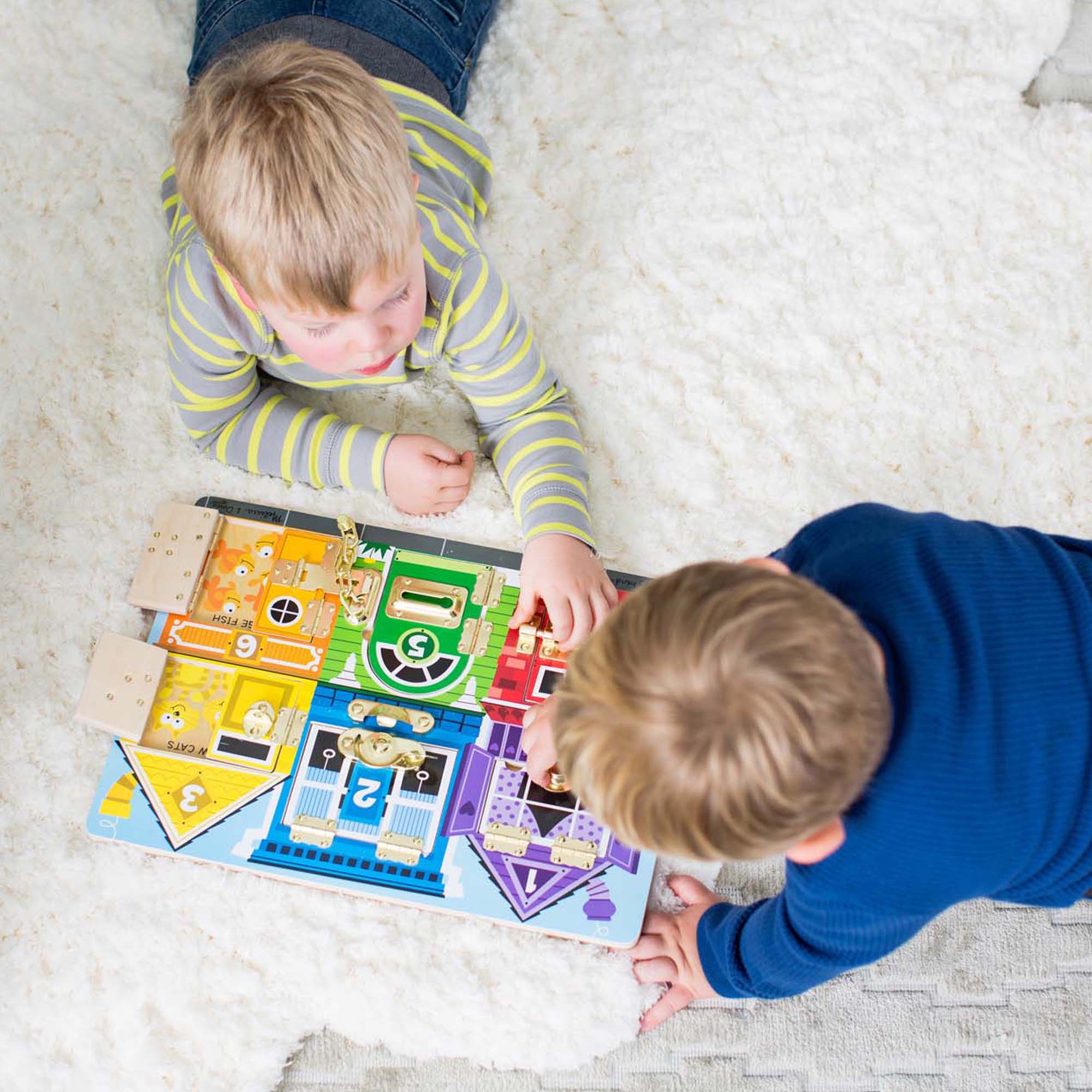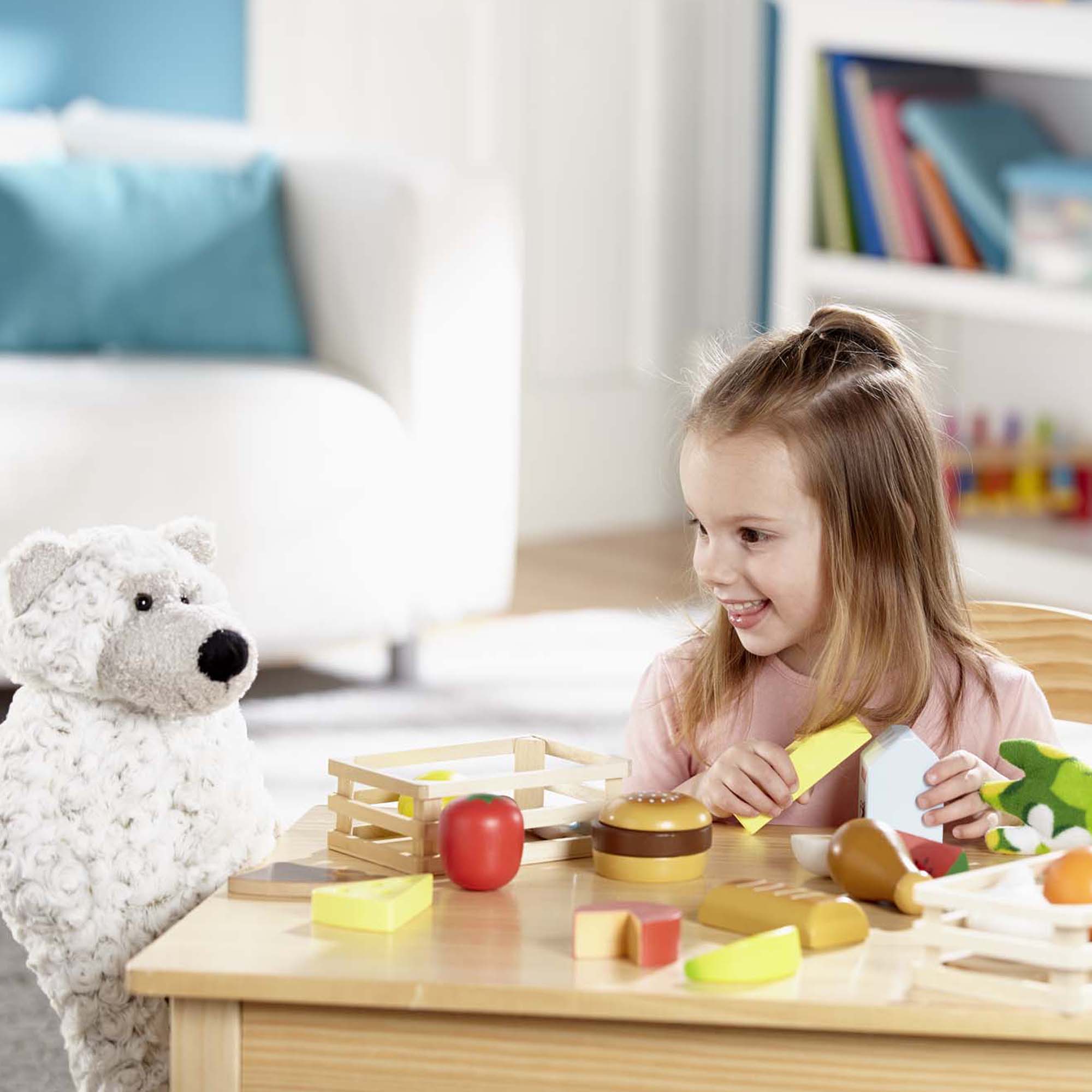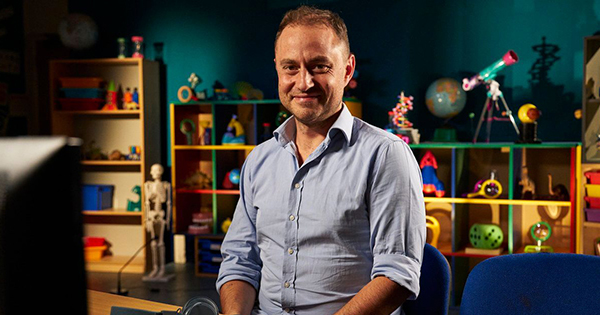With lockdown restrictions beginning to ease, Melissa & Doug commissioned a new study of parents and children, to reveal how the last 12 months have impacted family life. The report found that while juggling home schooling, work and household chores had tested the mettle of parents everywhere, half of mums and dads believe the lockdowns have made them better parents. Two in five families who participated in the study reported that pre-pandemic weekday life had been too busy to enjoy quality time together. But with more unstructured time in lockdown, parents had been able to spend 50% more time playing with their children.
With families also reporting that they had benefitted from increased unstructured time, and nearly half of children saying that having more play time was the best thing about the lockdowns, Melissa & Doug teamed up with Dr. Sam Wass, child psychologist & expert on The Secret Life of Four/Five/Six-Year-Olds, in a bid to help parents extend the positive impacts of increased play and unstructured family time during lockdown.
After all, the findings of the report underpinned Melissa & Doug’s Gift of Play ethos, that allowing children time to play and the freedom to explore different kinds of open-ended imaginative play, is the best gift parents can give them!

As part of his work with Melissa & Doug, Dr. Sam Wass has shared five top tips to help families keep up the positives of increased play post lockdown:
1. Have patience for repetition
One of the things that there was a lot of time for during lockdown was repetition. And this is good, because repetition is really important for children. If you look at the wiring diagram of a young child’s brain, it’s a real mess! Through play, and over time, their brains gradually learn which brain region talks to which. And repetition is important for this – it helps the different parts of the brain to learn to talk to each other. The best play isn’t about learning things fast, and moving on. Slowness, and repetition, are vital for young children’s learning. So make sure that you keep up the benefits of unhurried play, as life starts to get back to normal.
2. Think about the environment
Another benefit of lockdown is that a lot of families finally found time for a tidy-up. And this is something that again benefits children. Children’s brains find it harder to focus on just one thing and they’re easily distracted. By reducing the number of different objects in a child’s field of view, it can help to encourage a child to focus, and finish what they’ve started. For example, instead of having a whole pile of toys on the floor at once, it can help to take one toy with open-ended play patterns, like Melissa & Doug’s Latches Board, and put it in a different room on its own. You’ll be amazed what a difference that makes to how your child plays – focusing their energy and curiosity on one item only.
3. Use your face, body and voice to help a child focus
Children are very sensitive to when you’re paying attention, or where you are looking. Think about how you can use your eye gaze and your body position – particularly if you’re lying or sitting on the floor with them – to keep them focused without telling them what to do. Using words to describe excitedly what you’re doing also helps maintain concentration and ensures a child stays focused without you feeling that you’re having to work hard at it!
4. Wearing different hats as a parent
As parents during lockdown, we found ourselves shifting between different roles with our kids – one minute you’re the organised one, the next minute you’re a play-mate. Most of our time as parents, we’re focused on trying to get our kids to do things – to brush their teeth, not throw their food on the floor, get dressed, do their schoolwork. Playing with your kids is very different though. There isn’t a right or wrong, and your child is probably better at coming up with interesting new ideas than you are! As Melissa & Doug’s research uncovered, having more time to play and spending more time with parents were what children enjoyed the most about the lockdowns – make sure that you don’t forget this as life gets back to normal.
5. Good quality play takes energy and concentration from you!
The most important lesson from lockdown though is that good quality play takes time, and energy. To play really well with a child, you have to constantly watch them, see what they’re interested in, and always be ready to step in to elaborate and develop their interests. This is reflected in the fact that over a third of parents say the lockdowns have given them a greater understanding of their child’s personality and needs. Even as life gets back to normal now, make sure that you try to save some of your ‘best’ brain time for good quality play. You can’t do that so well if you’re tired at the beginning or end of your day, or checking e-mails on your phone at the same time.

If you’re on the hunt for some fabulous new toys, be sure to check out our Melissa & Doug competition for your chance to win 1 of the 3 #GiftofPlay toy bundles up for grabs.

